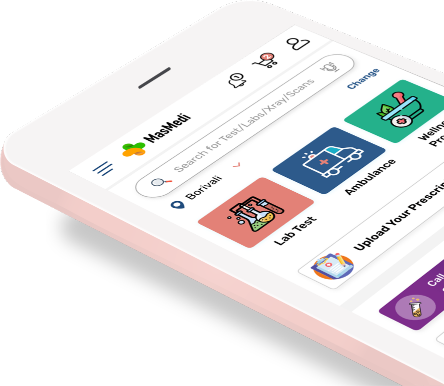Sample Type
Gender
Age Group
Urine
Male/Female
All Age Group
The human body needs a minimum of seven litres of water per day to be hydrated and fresh. Dehydration, kidney stones, and other conditions may result from improper hydration of the body. Sodium is immensely found in our body and is detected in every cell. Because sodium directly affects how our muscles and nerves work, it is essential to maintain a healthy balance of salt in our bodies. The goal of the urinary sodium test is to measure your bodys sodium levels. This test establishes whether the kidneys are functioning properly and how salt is regulated. Two different sodium tests are available: a random test that analyses the presence of sodium in a single urine sample and a 24-hour urine test that examines the level of sodium throughout the day.
best labs
Option Near Youlab comparison
As per your budgetAffordable
Price GuaranteedUNBIASED ADVICE
On LabsSUNDAY LAB
Labs available on SundaysTracking health status made easy with the app. Now available on both Google Play Store and App Store. Book health tests and access your smart reports and health trackers anytime anywhere.
